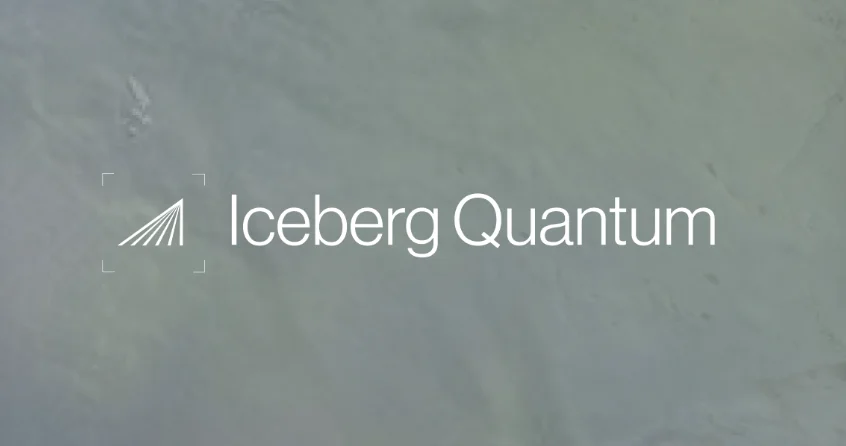
One of the chants in the quantum community for the past decade or so is — paraphrasing Edwin Star and, later, Elaine Benes — “quantum, what is it good for?”
As companies begin to use tools to make quantum more accessible, the answer increasingly will not be “absolutely nothing.”
Two clients of Amazon AWS’s Braket quantum computing service report they are investigating how quantum computing can help their own industries — and are making strides in helping people use quantum computers to address their own business problems and opportunities. The two companies reported their findings on the AWS blog.
Beyond the pure scientific exploration of how quantum computing tasks can work, these studies point out that quantum computers may soon be future tools — and powerful ones, at that — to tackle important real-world tasks.

Car Insurance
Aioi Insurance Services USA reports that they explored a quantum machine learning application — which they defined as use of a quantum computer to perform a machine learning task on classical data — with Amazon Braket, according to a research team that included Michael Fischer, Chief of Innovation at Aioi Insurance Services USA, Daniel Brooks, Research Data Scientist formerly of Aioi Insurance Services USA, with AWS quantum solution architects Pavel Lougovski and Tyler Takeshita.
Specifically, the researchers investigated whether quantum computers could be used to build a binary classifier risk assessment in a hypothetical car insurance use case.
Aioi Insurance Services USA — a subsidiary of Aioi Nissay Dowa Insurance which is a member of MS&AD Insurance Group Holdings — is a worldwide insurance organization connected closely to the Toyota group, offering Toyota Insurance in 37 countries. Aioi USA is a full-service “insurtech” insurance agency that develops data science-based products and services for the transportation industry.
The team trained a quantum neural network with a a hybrid quantum-classical approach. The QNN then performed binary classification, which is also done using classical approaches. Is the quantum way better?
“The short answer is, we don’t quite know yet,” the researchers write in the blog, but they add there does appear to be potential advantages with quantum. And it’s a step toward those future investigations.
“The QNN binary classifier designed in this post has a number of quantum gates that scales linearly with the size of each data point. This is advantageous for implementation on near-term quantum computers that are currently limited in the number of sequential quantum gates they can support. A future area of investigation for the team at Aioi is to apply more complex data sets, and constructing QNNs to classify them.”
The researchers added that you can explore or try out the code from this post on Github.
QC Ware
QC Ware added another use case direction with QC Ware Forge. It is built on Amazon Braket and provides turnkey quantum algorithms to speed up research into applying quantum computing to hard data science problems.
“You can think of Forge as a platform for data science powered by quantum computers, and use Forge’s collection of algorithms in business applications. Forge also provides an on-demand environment for quantum computing experts to access the quantum computing stack,” explained the QC Ware researchers.
Like a classical computing stack, this quantum stack’s applications that interface with business users sit on top, which are powered by algorithms written in one of many languages. These are eventually compiled to machine language.
“Customers work with Forge’s algorithms for binary optimization, linear algebra, and machine learning to power applications in industries such as financial services, automotive, energy, pharmaceuticals, and manufacturing,” the researchers write. “You can also optionally use QC Ware middleware for editing quantum circuits and translating between different quantum computing libraries.”
The Forge addresses a few concerns that customers have with accessing quantum computers to explore use cases. First, negotiating access, connecting and managing different interfaces in the quantum ecosystem is confusing and difficult. It also avoids long contracts.
“By using Forge with Amazon Braket, you can use quantum computing hardware and cloud-based simulators with a consistent on-demand pricing model for these resources,” the researchers write. “In addition to integrating with Amazon Braket, QC Ware also uses AWS to host Forge’s classical computing infrastructure including Forge’s CPU and GPU simulators and classical algorithms.”
You can sign up for a free trial of Forge at forge.qcware.com.
For more market insights, check out our latest quantum computing news here.














